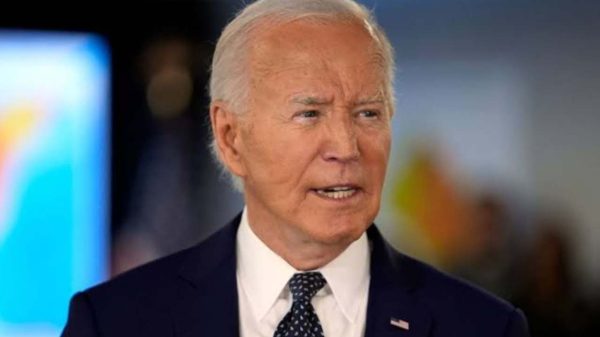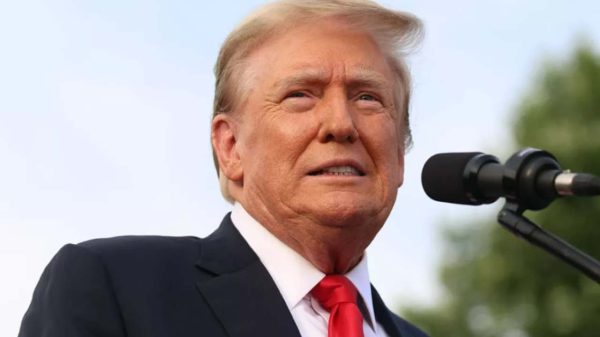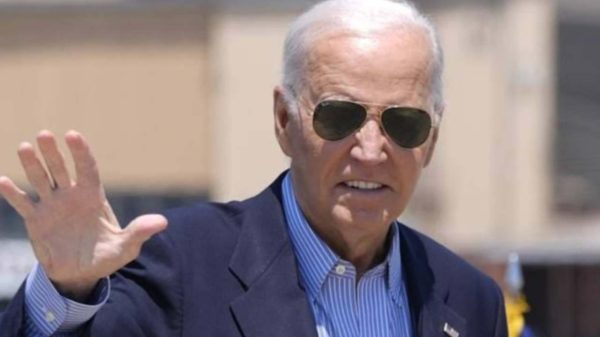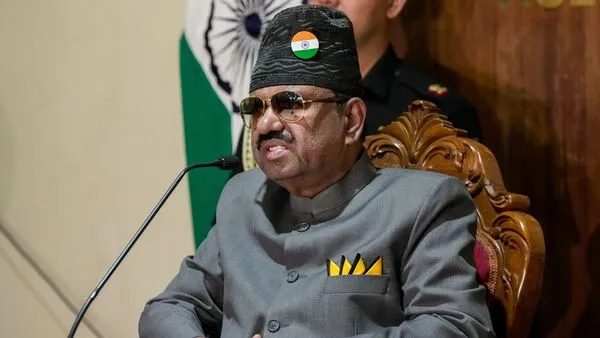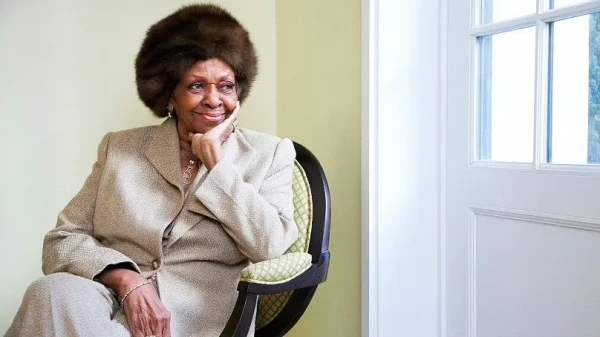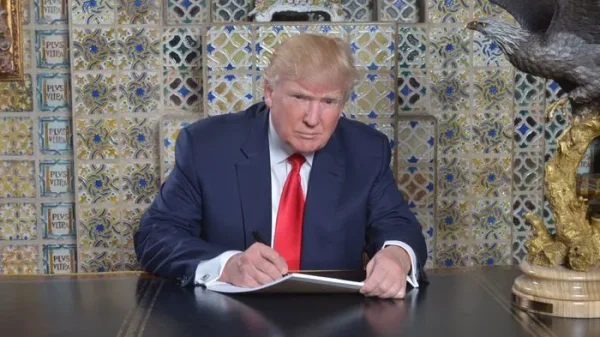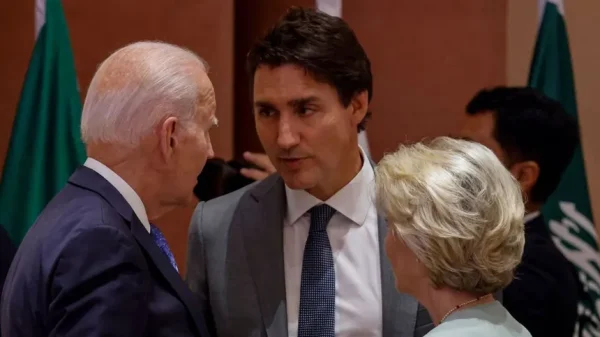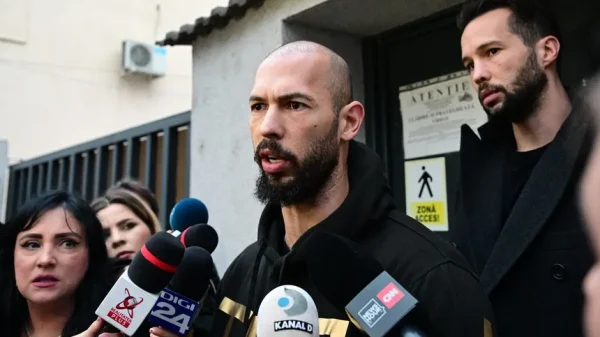Lisa Nandy has been appointed as the new secretary of state for culture, media and sport in the U.K. by Prime Minister Keir Starmer. This follows the Labour Party’s historic landslide victory in the general election on July 4, where they won 412 seats, ending 14 years of Conservative rule.
Nandy replaces Lucy Frazer, the Conservative minister appointed by Rishi Sunak in February 2023, who lost her seat in the recent election.
Thangam Debbonaire, Labour’s shadow secretary of state for culture, media and sport, also lost her seat to a Green Party rival.
Lisa Nandy, a member of Parliament since 2010, represents the constituency of Wigan in the North of England. She has previously served as the shadow cabinet minister for international development and shadow housing minister.

Lisa Nandy
Although she has no direct experience in the media and entertainment industries, her background in the public sector is extensive.
Additionally, according to a Times of London profile, her mother was a television producer, providing her with some familial connection to the industry.
In 2020, she penned an article for a Labour website titled:
“I will defend a free media. Here’s how the BBC should be reformed.”
In it she suggested that were she ever Prime Minister, she would tax social media companies to fund local media and investigative journalism and would protect the BBC license fee. She also proposed restructuring the BBC board.
“The BBC should move to a model of being owned and directed by license fee holders,” she wrote.
Lisa Nandy now enters office during a period of uncertainty for the U.K.’s screen sector. Challenges include the lingering effects of the post-pandemic environment, Hollywood’s writer and actor strikes, reduced budgets, a downturn in the TV ad market, and decreased spending by streaming services.
These factors have significantly impacted a mostly freelance workforce in the industry.

Lisa Nandy
Earlier this year, the Conservative government introduced a new 40% film tax credit for U.K. productions with budgets under $19 million.
This measure aimed to support the struggling independent film sector, which saw spending fall to just $150 million in 2023.
While the initiative was widely praised by the film industry, many believe that the incoming government must take further steps to protect and nurture this rapidly growing yet increasingly fragile sector of the British economy.












